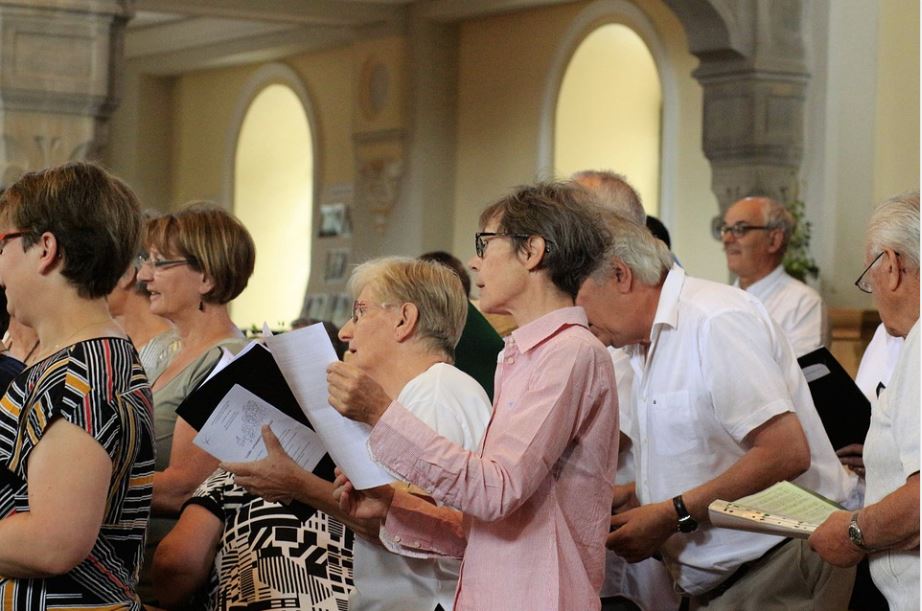Conversations on the Way – Who is the Church?
One of the greatest reliefs after lockdown was the return to congregational singing. In our vast repertoire, I wonder how often have we sung “I am the church, you are the church, we are the church together” (CH4:204)? A hymn with a message of unity in the midst of diversity.
We hear it preached in word and song that we are a worshipping community, or some similar phrase, to distinguish the word “church” from a building. We also differentiate church from an institution. Individually and collectively, we represent the “holy catholic church”, as recited in the Apostles’ Creed. As we follow Christ, there we see his church, in all the richness of personalities and denominations, tradition and practice. In our agreement, disagreement, and foibles, we are the family of God – the church of Christ.
Within the church we also find a diversity of callings and ministries, far beyond the short list of APEST leaders provided by Paul (Eph.4:11), or the list of gifts in the body of Christ (Rom.12:4-8). Whatever the title at the local level it might include administrators, beadles, cleaners, financiers, organists, pastors, property convenors, refreshment coordinators, among the cast of thousands that make up the life of our congregations. Similar roles are seen supporting Presbytery, national functions, and international roles. These roles are not just filled by people like you and me, but are actually filled by you and me, working sincerely before God and for God (Col.3:22-24).
However, in the midst of all that effort and despite the right motives, we all experience the highs and lows of performing our duties. We can also be affected by our own mood and that of those around us. Our expectations as well as our natural concerns for the future are part of what makes us human, whether we’re contemplating world politics or responding to a friend who has received good or bad news. Our empathy and sympathy for others influences our own sense of wellbeing, or the experience is far more first-hand. Sometimes we welcome some self-reflection, and on other occasions we can feel bruised, or elated, or looking for a hole to hide in.
Elijah was someone who faced high and low points in his ministry and the tasks that God had given him. There is candor in his lowest point (1Kings 19). He accomplished remarkable things but then succumbed to fear in the face of hatred. Despite the consolation of angels, food and rest, he felt utterly isolated and alone (v10). Yet there are 7000 beside him (v18). Whether that number is literal, approximate or symbolic is irrelevant to the detail that in the midst of his condition he is not alone. He is accompanied by God and the church, and has further tasks to accomplish.
I wonder how many of us feel as Elijah did? That we have been ploughing a lonely furrow and nobody gets our precise set of circumstances? Whatever our role and the tasks we perform, at whatever level, we can feel appreciated or taken for granted. While it’s an easy route to separate ourselves from others or see another group or structure or organization as a problem, sometimes begrudgingly we find ourselves brought back to that place of worship. As we support others, how might we also reverse our thinking about how we might allow ourselves to receive support? After all, we are accompanied by God and the church, together.
“I am the church, you are the church, we are the church together. All who follow Jesus, all around the world, yes, we’re the church together.”
By Ross Blackman
